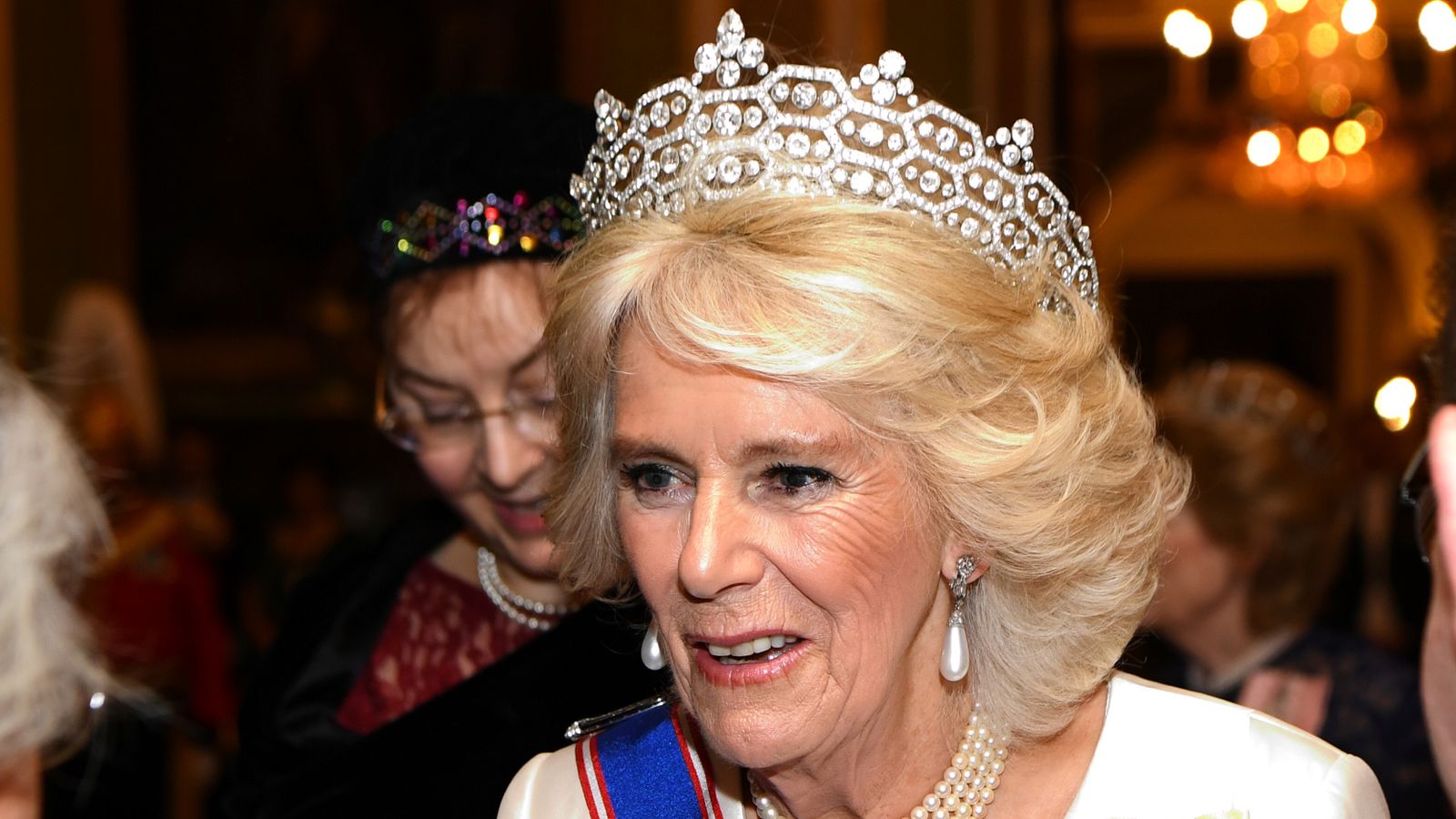The Queen Consort has revealed both her mother and grandmother died of osteoporosis as she urged the elder to get checked out for the “devastating” bone disease.
Camilla said her relatives had the condition during a time when it was “rarely diagnosed” and “seldom discussed”.
She made the appeal as the Royal Osteoporosis Society (ROS), which she founded in 2019, launched an online questionnaire to show participants how likely they are to develop the condition.
Osteoporosis, which affects around 3.5 million people in the UK, weakens bones and causes them to break more easily.
Though as many people die of fracture-related issues annually as lose their lives to diabetes and lung cancer, two-thirds of adults surveyed by the ROS said they’d never even thought about their bone health.
In a statement Her Majesty said: “Both my grandmother and my mother died as a result of osteoporosis.
“At the time, the disease was seldom discussed, rarely diagnosed and was usually acknowledged as an unavoidable part of growing older.
“Now, thankfully, we know far more about the causes, symptoms and available treatments.”
Camilla went on to encourage older people to “discover the easy steps that we can all take to improve bone health throughout our lives”.
The questionnaire – which asks for a person’s age, ethnicity and family health among other factors – calculates people’s osteoporosis risk and gives tips on keeping bones “stronger for longer”.
Poor bone health means that half of all women over the age of 50, along with one in five men, are expected to experience a fracture.
Click to subscribe to the Sky News Daily wherever you get your podcasts
ROS chief executive Craig Jones said: “Osteoporosis will affect every other mother; every other grandmother. And too many of us still think men are unaffected.
“The truth is we all have bones and, if we arm ourselves with knowledge, we can keep them stronger for longer.
“It all starts with people understanding their bone health risk and taking action.”












